The Challenge
Schools are critical community hubs that serve the educational and nutritional needs of students. They present a great opportunity to provide fresh, nutritious, locally harvested and prepared food to children in our state, and support our local food economy. However, serving fresh, locally grown nutritious food and teaching about food system issues is not easy. This is why the RI Farm to School Network exists, to support schools in getting local foods and food education to our state’s children while deepening connections between local food producers and the communities they serve.
The Approach
RI Farm to School uses Vermont’s Model of the 3 C’s approach to Farm to School by connecting efforts in the Cafeteria, Classroom, and Community, to help expand the farm to school movement. Through these efforts, the RI Farm to School Network provides resources to promote healthy eating habits among the youth in Rhode Island and also supports local farms and food producers.


By The Numbers
Based on a Census from the USDA Farm to School Census in the School Year 2018-2019
- 287 schools participate in the Farm to school in Rhode Island
- 125,907 students in participating SFAs
- 84.4% use local foods in National School Lunch Program
- 86% use local foods in the School Breakfast Program
- 69% of the lunches served in Rhode Island are served free or at a reduced price
- 82.2% of RI SFA’s providing food, nutrition, or agricultural education
- The NSLP provides nutritious, low-cost or free lunches to over 72,000 children daily
Ensure Food Security for All Rhode Islanders
The RI Farm to School Network has helped to provide healthy food access and farm to school activities to the children and youth of Rhode Island through building relationships between schools and local farms, supporting access to local food, creating opportunities for education and health promotion which overall benefits the local communities and environment.
Program Description
The RI Farm to School Network is a statewide coalition made up of state agencies, community organizations, and committed individuals that seek to promote farm to school activities and policies among educators, farmers, fishermen and fisherwomen, local producers, school food service, gardeners, students, parents, and local food advocates. Farm to school helps provide resources for fresh and healthy food access as well as farm to school activities in the cafeteria, classrooms, and communities and The Network is supported by the RI Department of Education, RI Department of Environmental Management, RI Commerce, RI Healthy Schools Coalition, and Farm Fresh RI.
Future Plans
The RI Farm to School Network is launching their inaugural RI Farm and Sea to School Institute. The Institute is a professional development program that helps teachers integrate farm to school programming across their district in a sustainable and impactful way.
This story was prepared by Mollie MacNaught.

